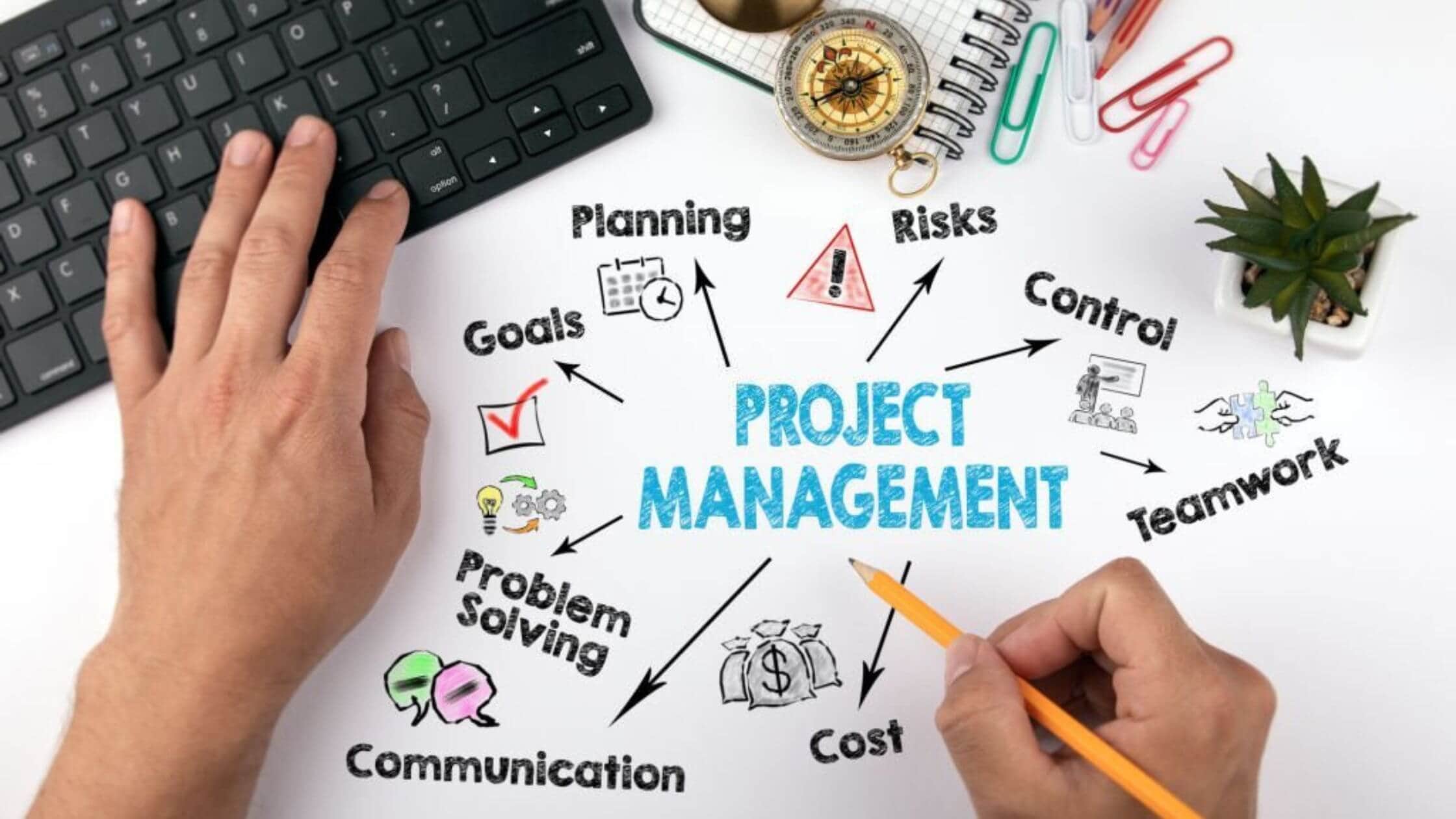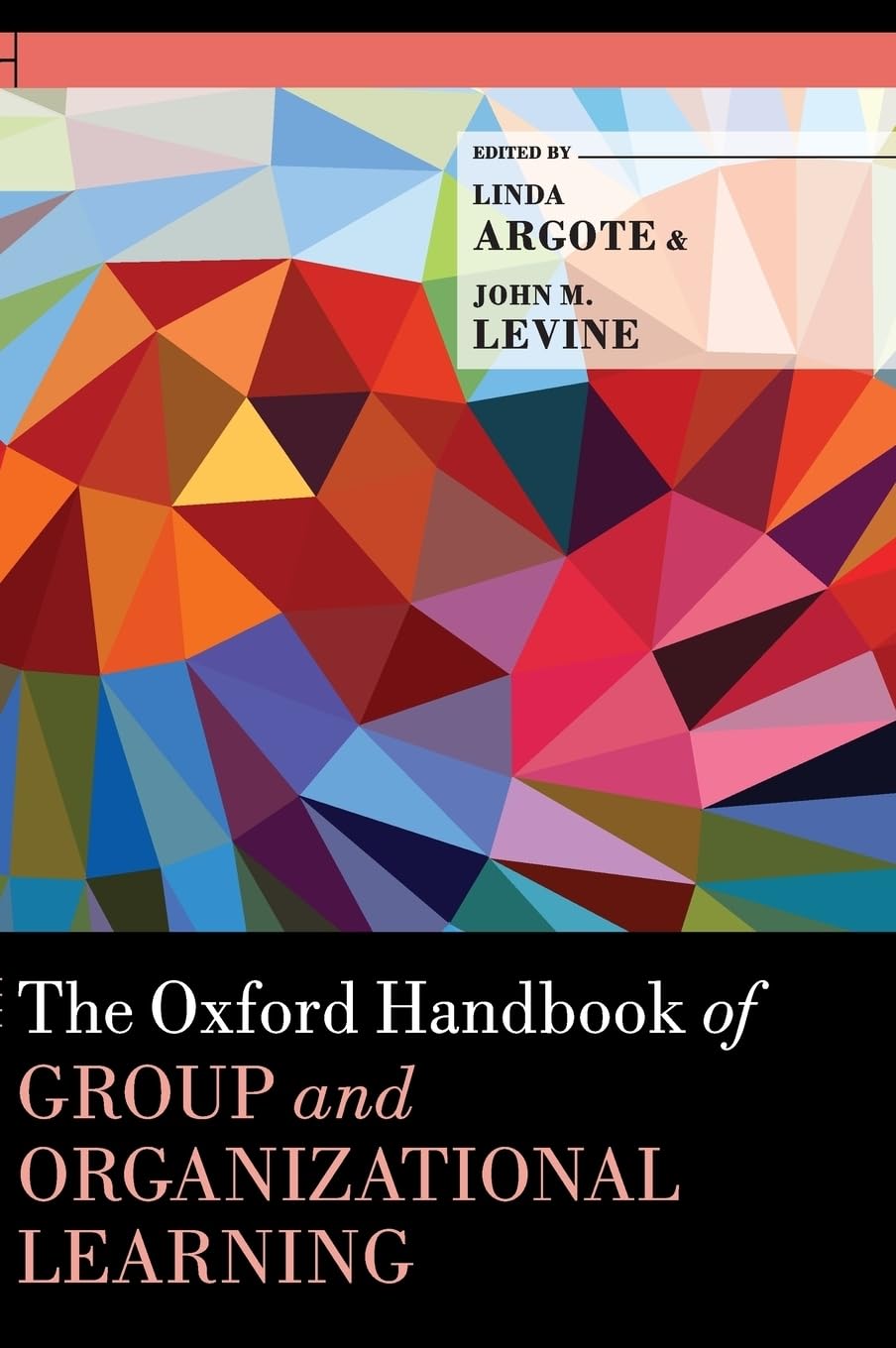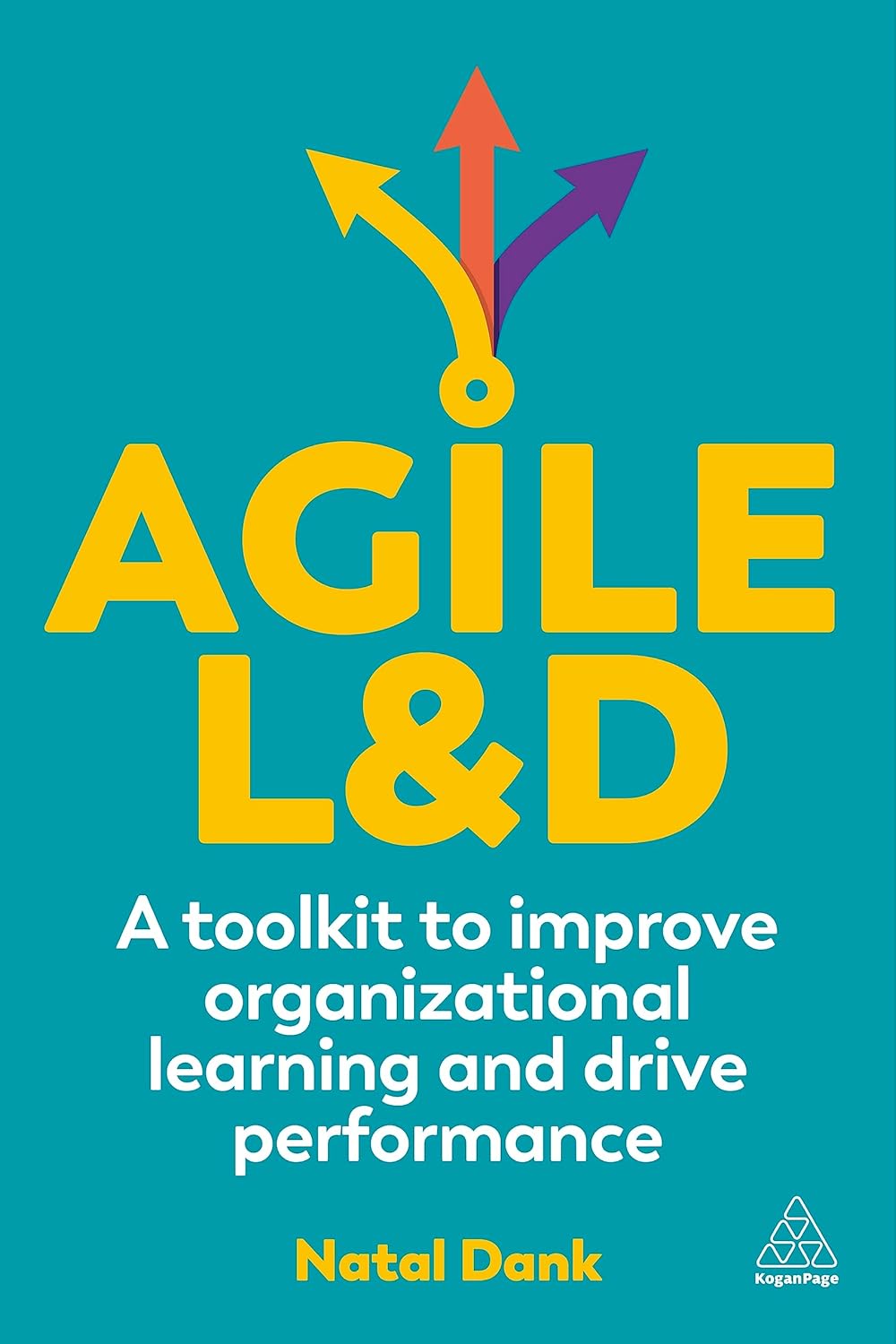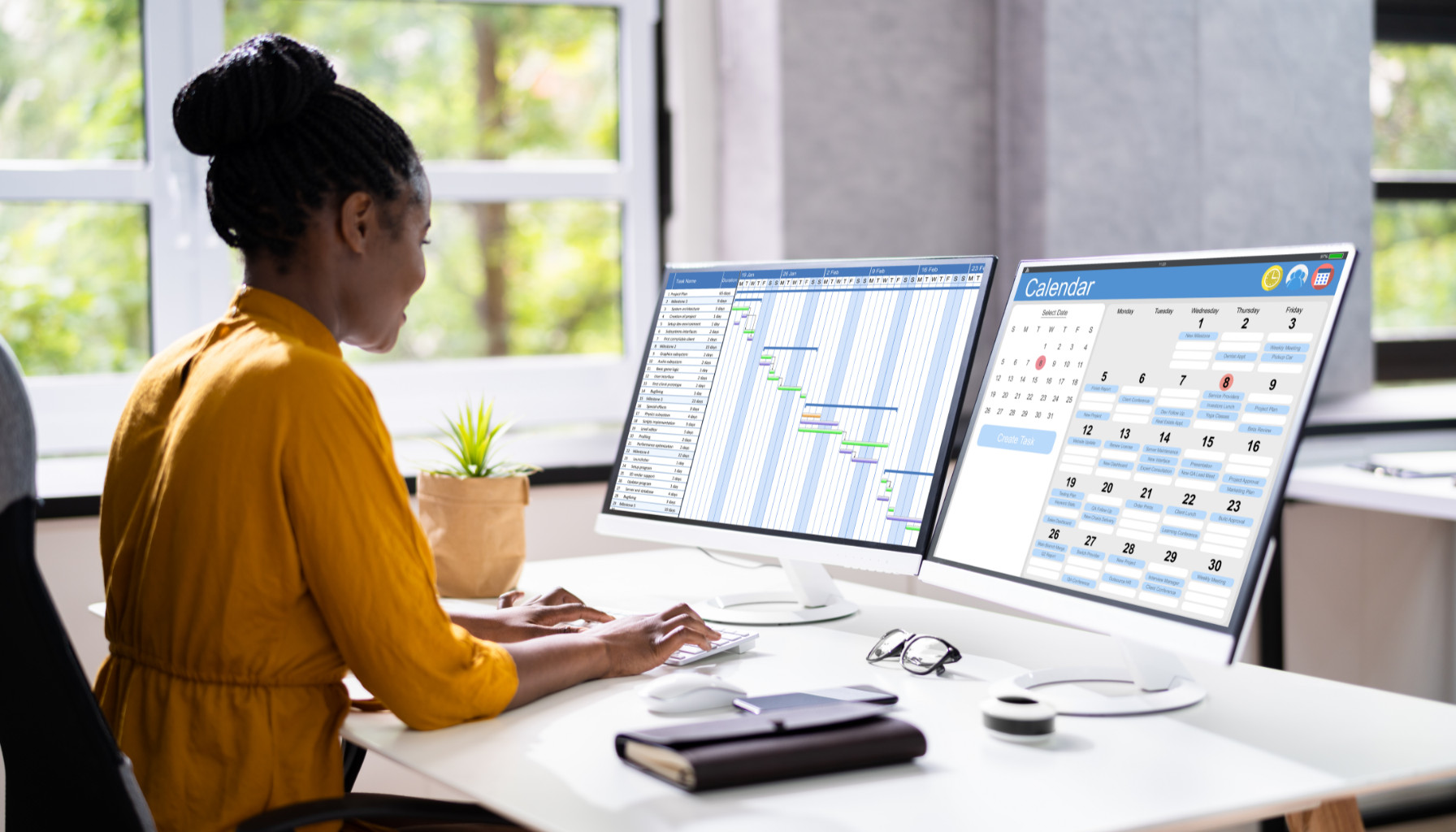
Organizational Learning
What is Organizational Learning?
Organizational learning is the process by which a company or team acquires, interprets, and applies knowledge to improve its performance over time. It involves collecting experiences, analyzing outcomes, and using that information to guide future actions. This learning occurs at all levels—individual, team, and organizational—and supports continuous improvement and adaptation in a changing environment.
It is not limited to training sessions or formal education. Instead, it includes informal knowledge sharing, process reviews, and lessons learned from both success and failure. When well integrated, organizational learning strengthens decision-making, encourages innovation, and helps avoid repeated mistakes.
Key Points
- Organizational learning supports long-term growth by helping teams adapt based on past experiences.
- It includes both formal mechanisms, such as training programs, and informal practices, such as peer discussions or project reviews.
- Organizations store knowledge in various forms, including procedures, databases, documentation, and employee experience.
- Learning is most effective when supported by a culture that values transparency, feedback, and collaboration.
- Poor communication, lack of leadership support, or fear of failure can limit organizational learning.
Related Terms
- Knowledge management involves organizing and distributing information so it can be easily accessed and used within the company.
- Lessons learned are insights gained from a completed project or task that guide future efforts.
- Continuous improvement is the ongoing effort to enhance products, services, or processes by learning from experience.
- Change management addresses how people and teams adapt to organizational changes through learning and support.
- Team development strengthens group dynamics and collaboration by building shared knowledge and skills over time.
Organizational Learning: Example
A construction company experiences delays on several projects due to communication breakdowns between field workers and office staff. After reviewing project data and team feedback, the company introduces a weekly debriefing system to identify communication gaps. Over the next six months, project timelines improve. The company then updates its standard operating procedures to include regular knowledge-sharing sessions. This process reflects how learning from experience leads to better practices and outcomes.
Organizational Learning: Best Practices
- Create structured opportunities for employees to reflect on completed work and share feedback.
- Encourage leaders to model learning behaviours and support knowledge-sharing activities.
- Document processes, successes, and challenges so lessons can be passed on.
- Integrate learning into daily routines rather than treating it as a one-time event.
- Regularly review and update practices to reflect new knowledge and changing circumstances.
Additional Resources
Preparing for a PMI certification?
- Exam Prep Courses: PMP®, CAPM®, and PMI-ACP®
- Exam Simulators: PMP®, CAPM®, PMI-ACP®, PMI-PBA®, PMI-RMP®, PMI-SP®, PgMP®, and PfMP®
- Professional Development Units (PDUs): 15, 30, and 60 PDU Bundles




